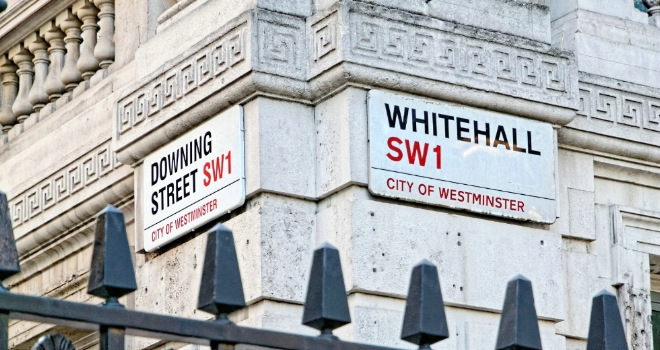
The chancellor outlined that receipts would go toward helping people get on the housing ladder in the south west of England.
He also also announced reforms to Stamp Duty Land Tax on commercial property, which will kick in at midnight tonight, saying: “Just over a year ago, I reformed residential stamp duty. We moved from a distorted ‘slab’ system to a much simpler ‘slice’ system. As a result, 98 per cent of homebuyers are paying the same or less and revenues from the expensive properties have risen. The IMF have welcomed the changes and suggest we do the same for commercial properties. That is what we are going to do, and in a way that helps our small firms.
At the moment our small firms can pay just £1 more for a property and face a tax bill three times as large – that makes no sense.”
From midnight, stamp duty on commercial property will have a zero rate band on purchases up to £150,000; 2% rate on the next £100,000 and a 5% top rate above £250,000.
Mark Tighe, managing director, capital allowances tax specialists, Catax Solutions, said: "The reduced stamp duty payable on commercial property announced by the Chancellor will doubtless drive demand in this key asset class in the months and years ahead.
But the resultant increase in transactions, among both businesses and private individuals buying commercial property, will potentially cost billions as a largely unused tax relief is lost forever. Capital allowances are a highly valuable tax relief available to owners of commercial property but under current legislation they are irrecoverable if they are not identified and realised at the point of sale.
Currently, very few commercial property owners, along with their accountants and lawyers, are aware of unused capital allowances tax reliefs. Therefore as transaction levels increase in volume and momentum, commercial property owners are set to lose significant tax rebates to the tune of thousands, tens of thousands or even hundreds of thousands of pounds."





